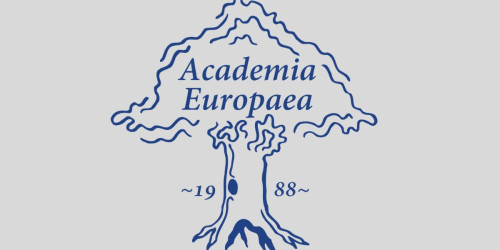
College Director of Studies elected to Academia Europaea
Benedikt Löwe has been elected in recognition of his academic excellence in the field of logic and philosophy of mathematics.
Dr Deborah Talmi and colleagues’ research aims to reconcile an important theoretical gap in advancing the understanding of PTSD.
Lucy Cavendish College’s Director of Studies in Psychology, Dr Deborah Talmi, received a generous grant from the Economic and Social Research Council (ESRC) for a project titled ‘A critical test of the dual-representation account of PTSD’, in collaboration with Professor Rik Henson from the University MRC Cognition and Brain Sciences Unit, and Professor Emily Holmes from Uppsala University, Sweden.
ESRC is the UK’s largest funder of economic, social, behavioural and human data science.
The work on this grant started during the covid pandemic. It was inspired by conversations Dr Talmi had with one of her PhD students, and Rik Henson. Separately, each brought up literature that challenged a model of emotional memory that she published in 2019, and which had its roots in the clinical symptoms of PTSD. Having been hosting a Ukrainian refugee during this time, Dr Talmi was also inspired to connect her research on emotional memory to real-world suffering in Ukraine.
The project plan includes two main experiments which both use behavioural methods to test the influence of emotion on associative memory and involuntary memory. The plan also includes computational model development that may allow it to encompass these competing ideas in a novel way.
Deborah says, “Despite the high prevalence of post-traumatic stress disorder (PTSD) and its debilitating consequences, current psychological treatments are not effective for everyone. There is a clear need to uncover the psychological mechanisms that trigger persistent, intrusive fear memories. Our proposal tackles a rift in research, where a dominant theory of PTSD - the dual representation account - appears to clash with established cognitive-computational models of normal memory, and is challenged by discrepancies in its empirical evidence base. Our proposal builds on the perspective of established models of memory, which appear to disagree with a dominant theory of PTSD. We use this perspective to test the dual-representation account empirically and develop a formal cognitive-computational model of this account. If our proposed model can simulate the empirical data we acquire, including the possible double dissociation we may observe between voluntary and involuntary memory, we will reconcile an important theoretical gap and thereby advance understanding of PTSD.
I am feeling really humbled by this award, and can’t wait to start the research.”

Benedikt Löwe has been elected in recognition of his academic excellence in the field of logic and philosophy of mathematics.

Lucy Cavendish Fellow, Dr Liam Saddington, and University colleagues secured research funding from CATS Future of Therapeutic.